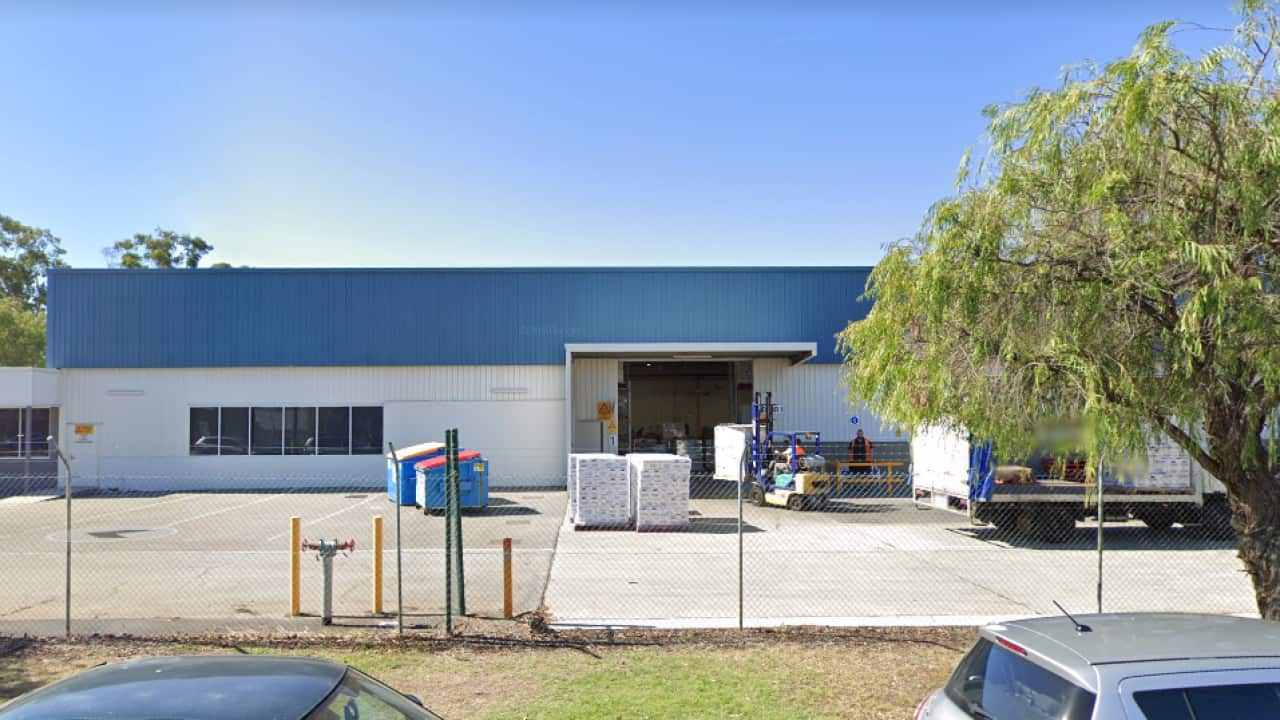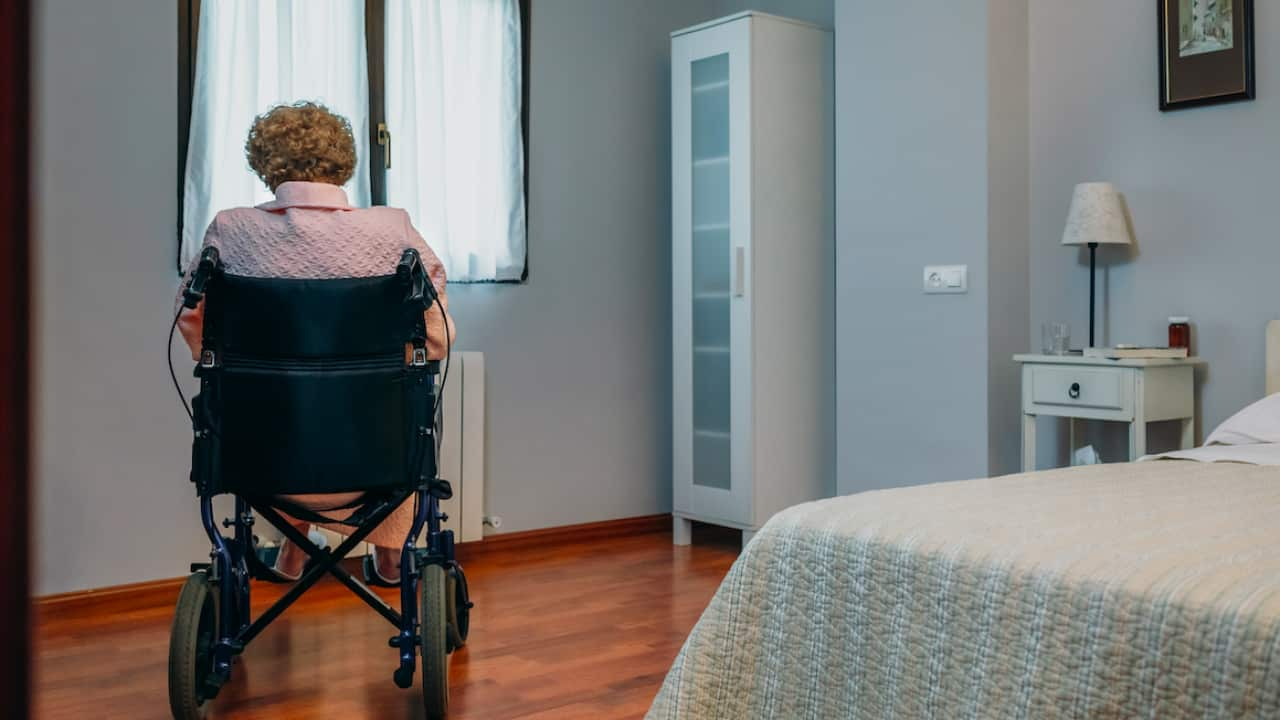Disability advocates are calling for all supported working facilities to be shut down for the duration of the coronavirus pandemic after an employee at a Western Australian facility tested positive for COVID-19.
The man, who has an intellectual disability, was a supported employee at an Activ Foundation workshop in Bentley, Perth, which employs more than 450 people with a disability.
Activ’s Chief Executive Danielle Newport said the organisation had contacted all people who came in contact with the case after they were informed of the diagnosis on Tuesday. The man did not contract the virus at work.
The workshop has been closed but is scheduled to reopen on Monday, she said in a statement on Thursday, despite desperate pleas from disability advocates that it remain shut inline with the national ban on mass gatherings. Leading the charge has been West Australian Senator Jordon Steele-John who has been calling for supported work programs to be ceased for the past few weeks. He describes the issue as a matter of life and death due to the vulnerability of many of the supported workers.
Leading the charge has been West Australian Senator Jordon Steele-John who has been calling for supported work programs to be ceased for the past few weeks. He describes the issue as a matter of life and death due to the vulnerability of many of the supported workers.

Greens Senator Jordon Steele-John is calling for all supported workplaces to be closed during the COVID-19 pandemic. Source: AAP
“You’ve got people working in group settings, hundreds at a time across one complex, you’ve got older people who are at increased risk, you’ve got intellectually and cognitively disabled folks who already have a life expectancy 25 years less than the rest of the population,” Senator Steele-John told SBS News.
“And then you’ve got the additional challenges around understanding how to follow medical advice given in relation to COVID-19, if you’re an intellectually or cognitively disabled person, or reporting symptoms if you fall into the same category.”
Many people living with a disability have preexisting conditions that would make them especially susceptible to a respiratory illness and they are less likely to be able to access appropriate medical care.
As a result, Western Australian disability advocate Samatha Connor told SBS News keeping supported workplaces open was “putting disabled people directly in harm's way”.
“The problem is when you have people congregated together and they are not able to use social distancing or might not have the cognitive capability to follow rules around distancing or making contact with people,” she said.
“When there’s up to 500 people in a workshop, there’s clearly a higher risk for people who are at higher risk of contracting and dying from that virus.”
Prime Minister Scott Morrison has repeatedly urged all people who are not essential services to work from home if they are able to do so but workplaces are exempt from the government's ban on groups of more than two people.
Senator Steele-John, however, said the workshops could not be “considered employment in any sense of the word”.
“They are not paid a living wage to do this work and only one per cent of people that begin supported employment ever transfer into mainstream work,” he said, adding that many of the Activ supported employees are used to wrap headphones in plastic for Qantas.
Supported workplaces, formally known as Australian Disability Enterprises (ADEs), employ more than 20,000 people with a disability across Australia in tasks such as packaging, assembly, and production.
Employees of ADEs are paid a reduced wage which is calculated using a wage assessment tool to determine the worker's productivity, resulting in people being paid $2 an hour in some cases.
If ADEs were to close, many people with disabilities would require additional one-on-one support throughout the day.
“The first thing is that we need to shut down all group settings so people are able to keep their distance from each other and keep safe. The second is we need some policy responses from the National Disability Insurance Agency (NDIS) where they put extra funding into people’s plans if they need it,” Ms Connor said.
“What are we protecting? Are we protecting the economy or are we protecting people's lives?"
West Australian disability minister Stephen Dawson said as ADEs were not currently captured by lockdown measures and power to shut them down rests with the Federal Government.
"ADEs, like other workplaces that are open for business, should be implementing social distancing strategies to safeguard their staff," he said.
State health authorities told SBS News they do comment on individual cases but that contact tracing was still underway.
The minister for the National Disability Insurance Scheme has been contacted for comment.
People in Australia must stay at least 1.5 metres away from others and gatherings are limited to two people unless you are with your family or household.
If you believe you may have contracted the virus, call your doctor (don’t visit) or contact the national Coronavirus Health Information Hotline on 1800 020 080. If you are struggling to breathe or experiencing a medical emergency, call 000.
SBS is committed to informing Australia’s diverse communities about the latest COVID-19 developments. News and information is available in 63 languages at .



